1. “God Only Knows” – The Beach Boys (1966)
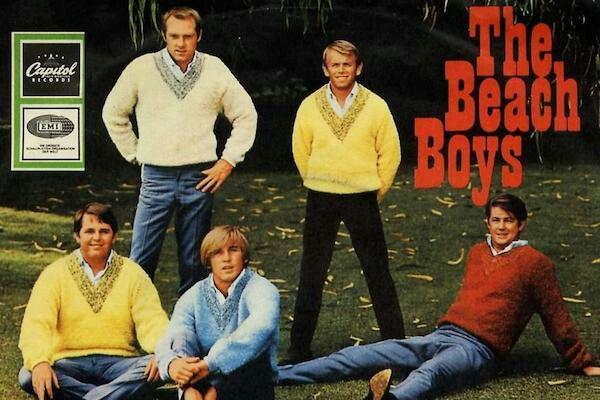
Though now regarded as one of the greatest love songs ever written, “God Only Knows” faced resistance upon release. Some radio stations refused to play it simply because the word “God” in the title was considered too controversial for a pop record. Brian Wilson and Tony Asher’s masterpiece was seen as risky at the time, but the gamble paid off. The song’s lush harmonies, poetic lyrics, and groundbreaking production became a hallmark of Pet Sounds. What once seemed controversial later became revered, proving that cultural boundaries around language and music were constantly shifting.
2. “Louie Louie” – The Kingsmen (1963)
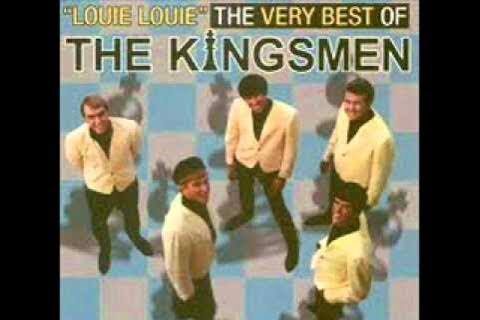
When The Kingsmen released “Louie Louie,” no one expected it to trigger a 31-month FBI investigation. The song’s slurred delivery led some to believe the lyrics hid obscene content, sparking national panic. Indiana even banned the track outright, despite the fact that the words were largely indecipherable. The FBI eventually concluded the song was unintelligible, but the controversy only fueled its popularity. What was meant as a simple rock-and-roll cover became an unlikely cultural flashpoint, illustrating how moral fears in the 1960s could turn a carefree tune into a supposed threat to decency.
3. “White Rabbit” – Jefferson Airplane (1967)
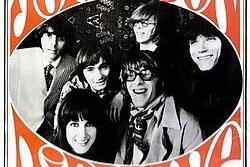
Jefferson Airplane’s “White Rabbit” dressed psychedelic drug references in the language of Lewis Carroll’s Wonderland. Lines about feeding your head and following Alice down the rabbit hole alarmed conservative listeners, leading some stations to drop it. For many, though, it became a defining anthem of the counterculture, merging rock with surreal imagery that hinted at experimentation and rebellion. Grace Slick’s hypnotic vocals and the marching rhythm gave it an otherworldly intensity. The very reason some broadcasters rejected the song is why it resonated with youth who saw it as a daring statement of freedom and imagination.
4. “Lucy in the Sky with Diamonds” – The Beatles (1967)
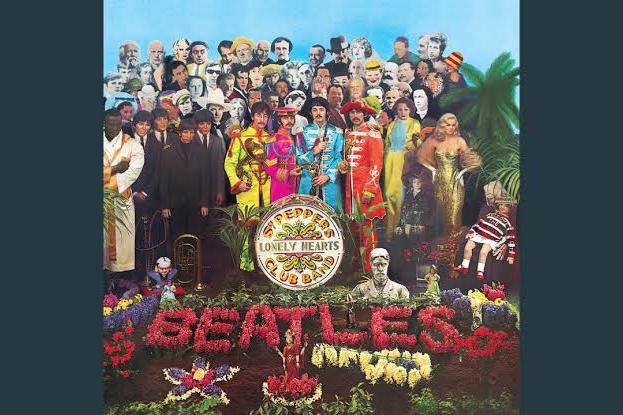
This Beatles classic was accused of promoting LSD use, largely because of its initials. John Lennon insisted it was inspired by his son Julian’s drawing, but Paul McCartney later admitted the drug connection wasn’t far-fetched. The BBC wasn’t convinced by the denials and banned the track. Despite the controversy, “Lucy in the Sky with Diamonds” became one of the most celebrated songs on Sgt. Pepper’s Lonely Hearts Club Band. Its dreamy imagery, layered production, and imaginative wordplay reflected the experimental spirit of the era, whether or not listeners believed it carried a hidden psychedelic message.
5. “Let’s Spend the Night Together” – The Rolling Stones (1967)
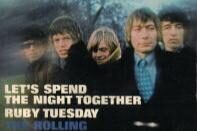
The Rolling Stones pushed boundaries with “Let’s Spend the Night Together,” a song that made no effort to hide its suggestive message. The BBC banned it outright, and when the band performed on The Ed Sullivan Show, they were pressured to change the lyric to “Let’s spend some time together.” Mick Jagger famously rolled his eyes while singing the censored version, turning the moment into its own act of rebellion. The song’s frankness about intimacy may seem tame today, but in 1967 it was provocative enough to make broadcasters nervous and cement the Stones’ reputation as rock’s bad boys.
6. “Eve of Destruction” – Barry McGuire (1965)
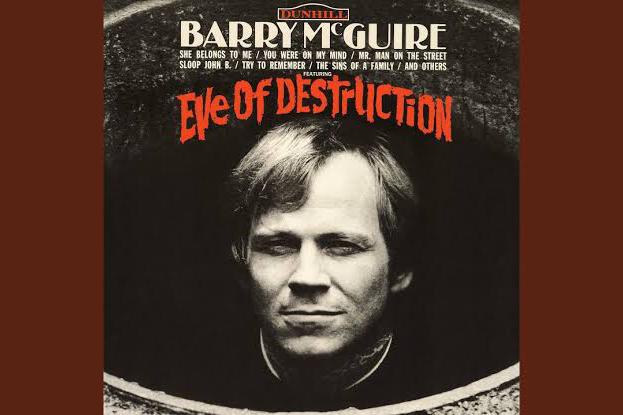
Barry McGuire’s “Eve of Destruction” captured the turbulent mood of the mid-1960s with blunt lyrics about war, nuclear threat, racial strife, and political hypocrisy. Many AM radio stations refused to play it, calling it too dark and negative for mainstream audiences. Still, the song shot to number one and became a defining protest anthem of the decade. Its stark message resonated with young listeners who felt disillusioned with authority and fearful about the world’s future. For critics, it was unpatriotic; for fans, it was an unflinching mirror of reality during one of America’s most unsettled eras.
7. “Eight Miles High” – The Byrds (1966)

When The Byrds released “Eight Miles High,” its swirling guitar riffs and hazy lyrics led many to assume it was about drugs. Radio stations across the U.S. banned it for supposed references to getting high, even though the band insisted it was about the disorienting experience of air travel during their tour. Regardless of intent, the song’s experimental sound made it one of the earliest examples of psychedelic rock. Ironically, the controversy only boosted its mystique, cementing it as both a groundbreaking track musically and a lightning rod for the cultural anxieties surrounding rock and drug use in the 1960s.
8. “Society’s Child” – Janis Ian (1967)
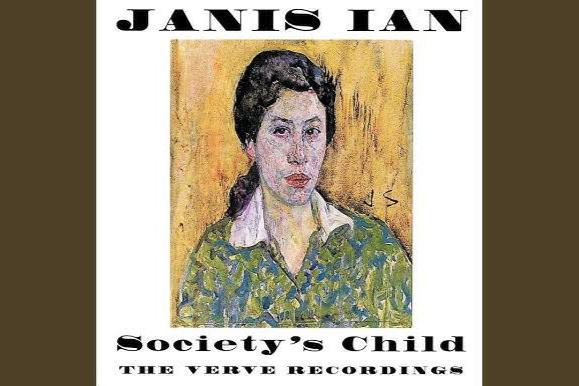
Janis Ian was just a teenager when she released “Society’s Child,” a song about interracial romance that struck a nerve in 1967. While praised by critics, many radio stations banned it, and some that dared to play it even received threats. The subject matter was still considered taboo in parts of the U.S., and its blunt portrayal of prejudice made listeners uncomfortable. Despite the backlash, the song gave Ian early recognition for her willingness to confront social issues head-on. It showed how music could challenge entrenched attitudes, even when the cost was censorship and controversy.
9. “My Generation” – The Who (1965)
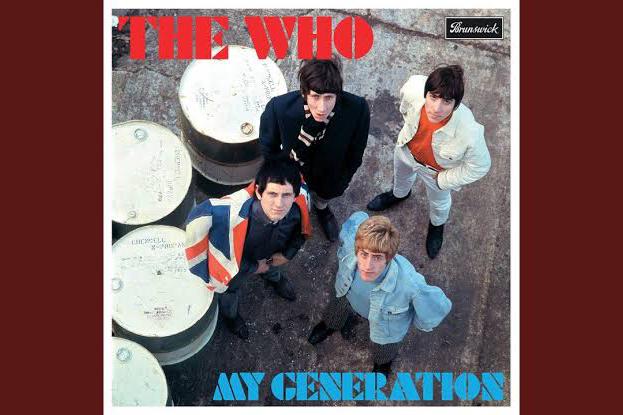
“My Generation” wasn’t just a song—it was a rallying cry for youth rebellion. The BBC briefly banned it, partly because its aggressive tone worried authorities and partly because its stuttering vocal delivery was thought to mock people with speech disorders. Pete Townshend later explained the stutter was intentional, meant to mimic the sound of frustration and urgency. The track went on to define the mod movement and is still considered one of rock’s most defiant anthems. What critics once viewed as inappropriate turned into an enduring symbol of the generational divide in the 1960s.
10. “Desdemona” – John’s Children (1967)

John’s Children, a short-lived but flamboyant band managed by Simon Napier-Bell, stirred controversy with their song “Desdemona.” The BBC banned it outright due to the cheeky lyric “Lift up your skirt and fly,” which was deemed indecent for broadcast. While the band never achieved mainstream success, the controversy gave them a brief flash of notoriety. Their mix of provocative lyrics and wild stage antics made them more famous for scandal than for chart-topping hits. “Desdemona” became an example of how even one playful line could run afoul of strict broadcasting standards in the 1960s.
11. “Kick Out the Jams” – MC5 (1969)
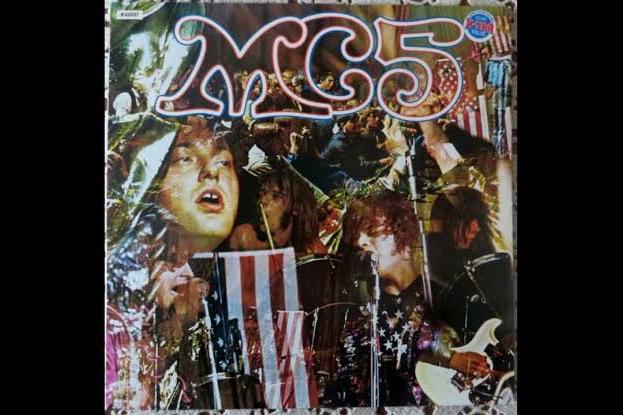
MC5’s “Kick Out the Jams” opened with a live recording that included the explosive phrase “kick out the jams…” a bold move for 1969. Retailers like Hudson’s in Detroit refused to stock the album, and many radio stations banned it outright. In response, the band defiantly told fans to boycott stores that censored their music. Despite the controversy, or perhaps because of it, the track became a touchstone of proto-punk energy and countercultural defiance. Its raw power and unapologetic attitude captured the rebellious spirit of the era, even if it meant losing mainstream exposure.
12. “Brown Eyed Girl” – Van Morrison (1967)
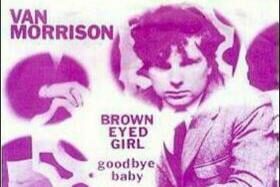
While now a beloved classic, Van Morrison’s “Brown Eyed Girl” ran into censorship issues when first released. The lyric “making love in the green grass” was considered too suggestive for radio play, so many stations aired a version with the line edited out. Ironically, the song’s upbeat melody and nostalgic charm overshadowed its minor controversy, and it went on to become one of Morrison’s signature hits. The fuss over a single line highlights how even tame expressions of intimacy could alarm broadcasters in the 1960s, especially in songs destined for wide radio rotation.
13. “The End” – The Doors (1967)
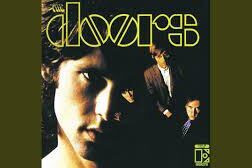
“The End” by The Doors was one of the most controversial tracks of the decade. Its dark, sprawling performance included stark imagery and lyrics hinting at Oedipal themes, which many stations found unacceptable. As a result, it was often edited down or banned from broadcast altogether. The song’s haunting intensity and Jim Morrison’s mesmerizing delivery made it unforgettable, though its themes unsettled mainstream audiences. Rather than hurt the band, the controversy added to their reputation for pushing rock into deeper, darker territory, cementing “The End” as both shocking and groundbreaking in its artistic ambition.
14. “Ballad of John and Yoko” – The Beatles (1969)
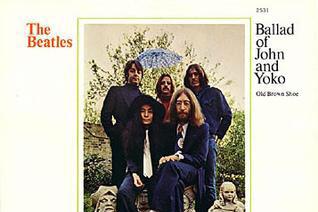
The Beatles caused a stir with “The Ballad of John and Yoko,” thanks to the line “Christ, you know it ain’t easy.” Many U.S. radio stations banned it, finding the casual use of “Christ” offensive. In the U.K., however, it reached number one despite the pushback. The song chronicled John Lennon and Yoko Ono’s wedding and honeymoon, giving listeners a candid glimpse into their lives. Though its controversy was rooted more in religious sensitivities than in politics or drugs, it showed once again how The Beatles consistently tested the boundaries of what pop music could say.
15. “He Hit Me (And It Felt Like a Kiss)” – The Crystals (1962)
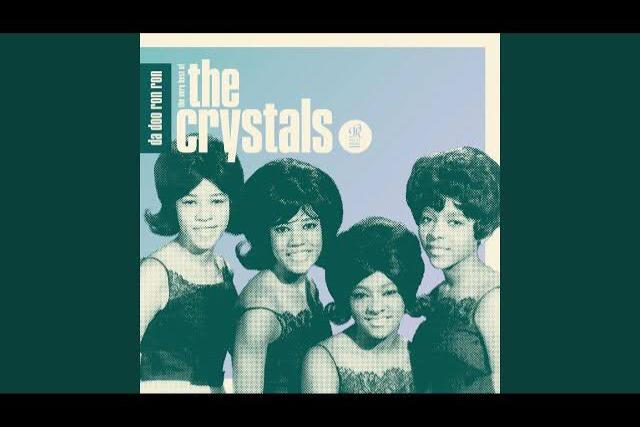
Produced by Phil Spector, this early ’60s track was almost immediately pulled from circulation after release. Its unsettling lyrics, describing a woman who interprets abuse as love, were widely condemned as appearing to justify domestic violence. Radio stations dropped it, and the song quickly disappeared from playlists. While the intent may have been to shed light on troubling dynamics, audiences recoiled at its disturbing framing. Today, it is remembered less as a hit and more as a cautionary example of how certain subject matter can cross a line too raw for listeners, even in a decade full of boundary-pushing songs.
16. “Love Child” – Diana Ross & The Supremes (1968)
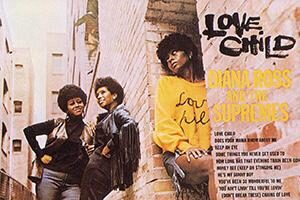
“Love Child” broke new ground by tackling the stigma surrounding children born out of wedlock—a subject rarely addressed in mainstream pop at the time. While the song became a number-one hit, some radio stations in the South refused to play it, considering the topic too controversial for family audiences. The track’s raw honesty and soulful delivery gave Diana Ross & The Supremes one of their most socially conscious songs, setting it apart from their more polished Motown hits. Its success showed that music could spark conversations about issues many preferred to keep hidden.
17. “Street Fighting Man” – The Rolling Stones (1968)

Released during a year of global unrest, “Street Fighting Man” was quickly pulled from rotation by many U.S. radio stations, especially during the Democratic National Convention protests in Chicago. Authorities feared its fiery lyrics could incite violence, even though Mick Jagger later insisted it was more commentary than call-to-action. The controversy only enhanced its reputation as a defiant anthem of the times. With its raw acoustic guitar and rebellious spirit, the track captured the turbulence of 1968, reminding listeners how tightly music and politics were woven together.
18. “Je t’aime… moi non plus” – Serge Gainsbourg & Jane Birkin (1969)
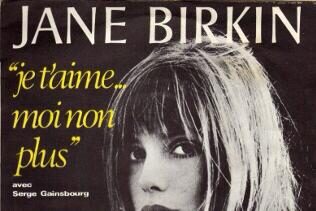
This sultry duet from French singer Serge Gainsbourg and actress Jane Birkin shocked audiences with its breathy vocals and suggestive atmosphere. Banned in several countries, including the U.K., it was widely criticized for simulating intimacy too explicitly for radio. Yet despite—or because of—the outrage, it climbed charts across Europe and became an international sensation. Its mix of controversy and artistry made it one of the most infamous songs of the decade, pushing boundaries of what pop music could sound like and proving that scandal sometimes drives popularity rather than silences it.
This story 18 Controversial ’60s Songs That Got Banned, Blasted, or Nearly Buried was first published on Daily FETCH


